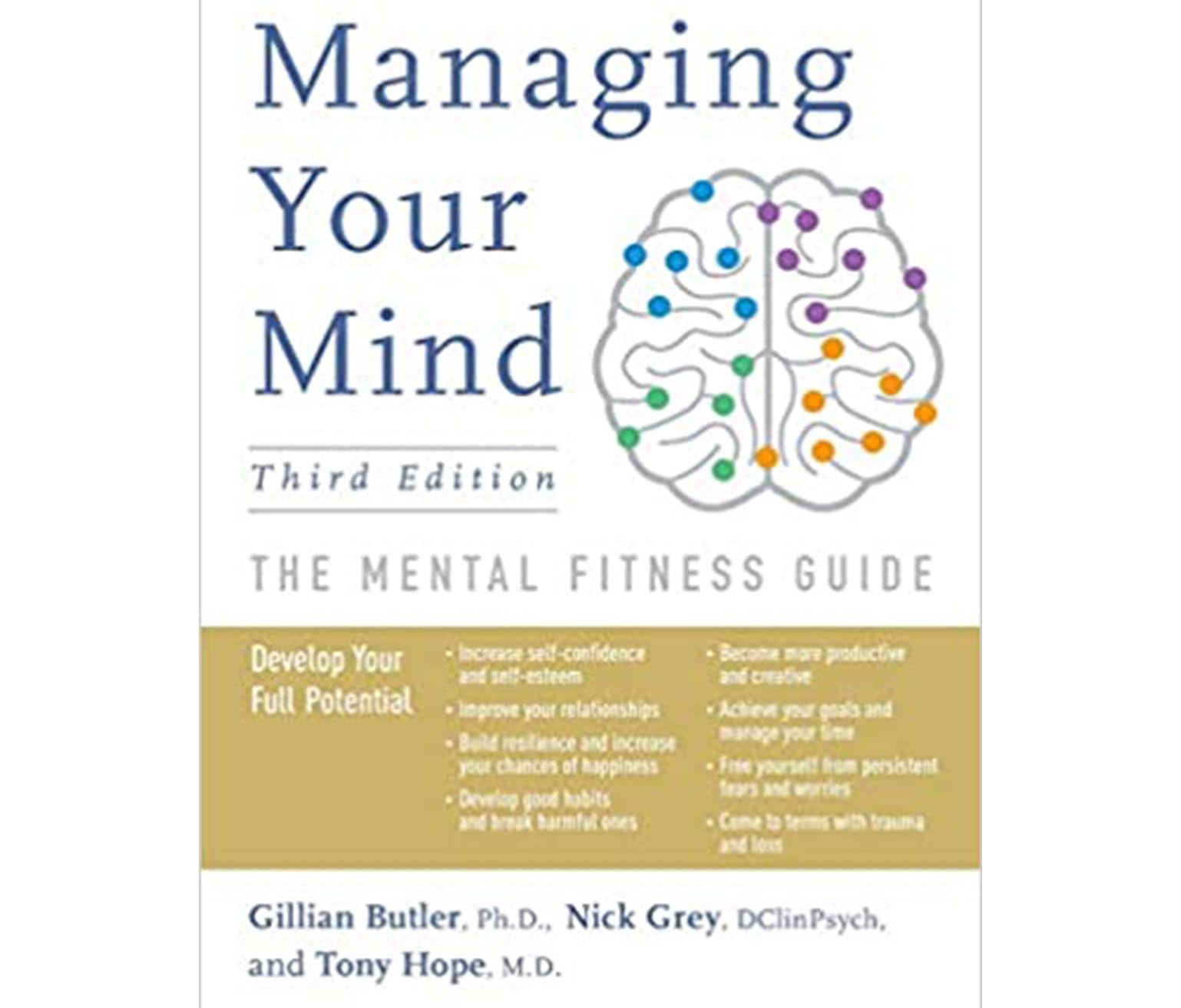
It is over 20 years since the first edition of Managing Your Mind was published, and 10 years since the second edition. In this time, we hope we have learned from our experiences in life, from the people we have worked with, from our friends and families, and from an ever-growing literature on how best to ride life’s ups and downs. We have also been fortunate to receive much wise feedback from readers on the previous editions. This third edition of Managing Your Mind has been a great opportunity to use this learning to build on the earlier work, extending it into new arenas, and broadening its scope. The emphasis now is as much on how we can all thrive and flourish, as it is on overcoming the difficulties we all face. It draws on the increase in research in positive psychology while still being firmly grounded in evidence-based treatments for spe- cific problems. In the introduction, we suggest that we need dual metaphors for the mind and life—both that of the mechanic and the gardener. This edition of Managing Your Mind has emphasized more than previously the role of gardening, and how we can nur- ture ourselves.
There are nine completely new chapters and a significant restruc- turing of the book. The new chapters include “The value and prac- tice of kindness,” “Increasing the chance of happiness,” “Becoming more creative,” and “Chronic ill health.” All other chapters have been revised in light of new learning, and some have been combined or expanded from previous editions. We found that we actually had too much material for the book—but with the benefit of modern technology these sections are available on the Internet.
We would like to acknowledge the people who have made the writing of this book possible. First and foremost are all those people we have seen with difficulties in their lives who have taught us what methods and ideas they found helpful.
We would also like to thank the many psychologists, therapists, and other healers whose writings (referred to in the “Further reading” sections at the end of each chapter) have provided many valuable ideas that we have passed on to readers of this book.
We have learned much from our colleagues and would like, in particular, to thank David Clark, Anke Ehlers, Melanie Fennell, Ann Hackmann, Helen Kennerley, Joan Kirk, Martina Mueller, and Paul Salkovskis.
The editors and staff of Oxford University Press have given us encouragement and support throughout the writing of this book. In particular, we would like to thank Martin Baum, Charlotte Holloway, Shereen Karmali, and April Peake in the UK, and Sarah Harrington in the United States.
We thank our families. Gillian thanks Christopher, Sophie, David, and Josie for endless patience and interest, and also her grandchildren, Alice, Eleanor, Jessica, Alex, and Thomas, for helping her keep up with the modern world and with the many uses of the World Wide Web. Nick thanks Mary, Jake, Alex, and Luke for keeping him grounded and reminding him of the most valuable parts of life. Tony thanks Sally, Beth, Katy, and John for keeping him going and for all the helpful discussions of the issues raised in the book.
Throughout the writing of this book the three of us met regu- larly, usually at Le Pain Quotidien near Victoria station in London. We thank the staff for looking after us and supplying as much ex- cellent food and drink (not alcoholic) as was necessary to keep us focused. Without these meetings, and the pleasant ambience in which they took place, this book would never have been written.
